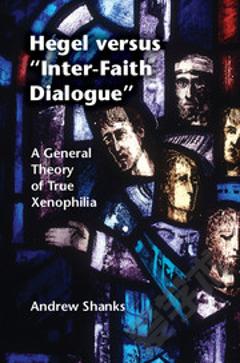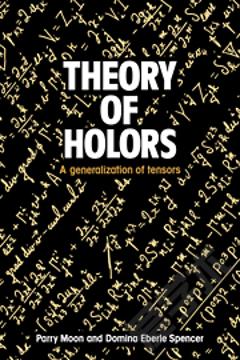Hegel versus 'Inter-Faith Dialogue': A General Theory of True Xenophilia
The term 'inter-faith' is a recent innovation in English that has gained significant traction in the discussion of religious diversity. This volume argues that the concept of faiths in the plural is deeply problematic for Christian theology and proposes a Hegelian alternative to the conventional bureaucratic notion of inter-faith dialogue. Hegel pioneered the systematic study of comparative religion. In line with Hegelian principle, Andrew Shanks identifies faith as an inflection of the will towards perfect truth-as-openness. In relation to other religious traditions, this must involve the practice of a maximum xenophilia, or love for the unfamiliar, understood as a core Christian virtue. Shanks's neo-Hegelian theory recognises the potential for God's work in all religious traditions, which may be seen as divine experiments with human nature. This timely book discusses a wide range of interreligious encounters and will be an essential resource for studies in comparative theology and philosophy of religion.
{{comment.content}}








 京公网安备 11010802027623号
京公网安备 11010802027623号